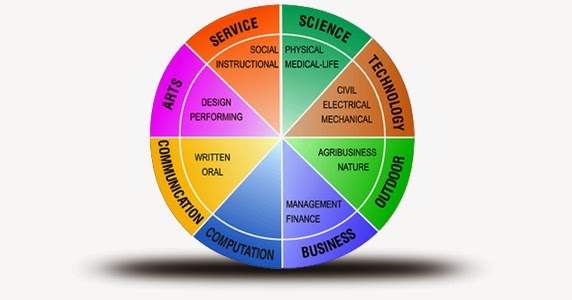

Trait-factor theory, developmental/self-concept theory, personality theory, and behavioral theory are some of the major theories of career development. Conventional people have an aversion to ambiguous, free, exploratory, or un-systematized activities. This type likes working indoors and a task that involves organizing and being accurate, following procedures, working with data or numbers, planning work and events. Conventional Conventional people have an preference for activities that entail the explicit, ordered, systematic, manipulation of data such as keeping records, filing materials, reproducing materials, organizing written and numerical data according to a prescribed plan, operating business machines and data processing machines to attain organizational or economic goals.

Enterprising people have an aversion to observational, symbolic, and systematic activities. This type likes meeting people, leading, talking to and influencing others, encouraging others, working in business. She was dissatisfied with available classification of occupations and she developed a list of eight occupational groups each group was divided into six levels of responsibility, capability and skill needed to perform on each level.Įnterprising Enterprising people have an preference for activities that entail the manipulation of others to attain organizational goals or economic gain. The intensity with which an individual feels, needs the individual feels the need and the satisfaction of the needs determine the degree of motivation to accomplish. The eventual pattern of psychic energies that is attention directed is the major determinant of interests.

Degrees of needs satisfaction determine the personality of which is the hierarchy of Maslow (1948), such needs will become the strongest motivators 4.

Early satisfactions and frustrations resulting from the family situation, particularly relations with parents, that is over protectiveness, avoidance or acceptance of the child. Individual experience this governed by involuntary attention which determine the pattern of developments of interests, attitudes, and other personality variables that have not been genetically controlled: a.


 0 kommentar(er)
0 kommentar(er)
